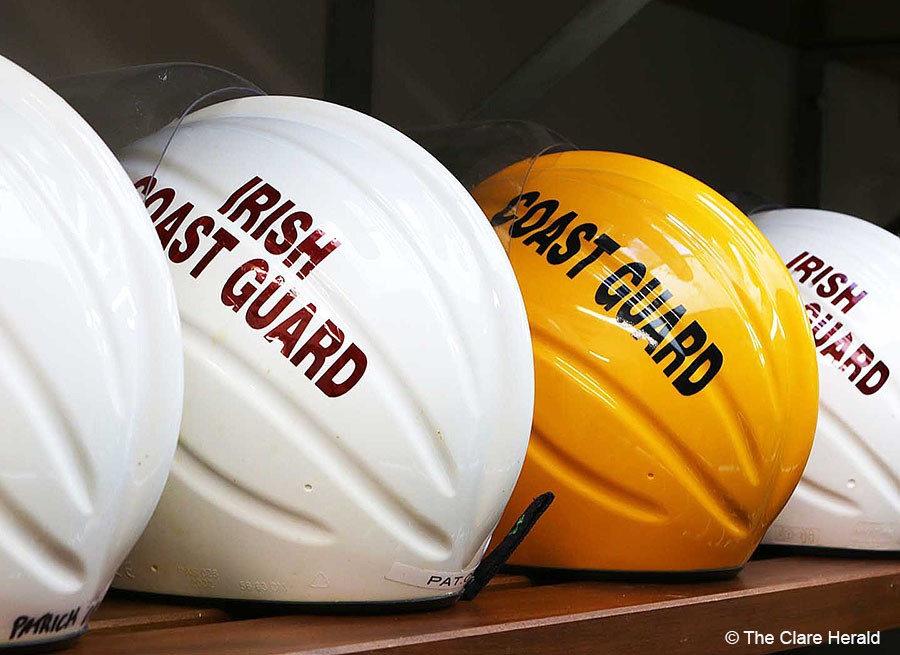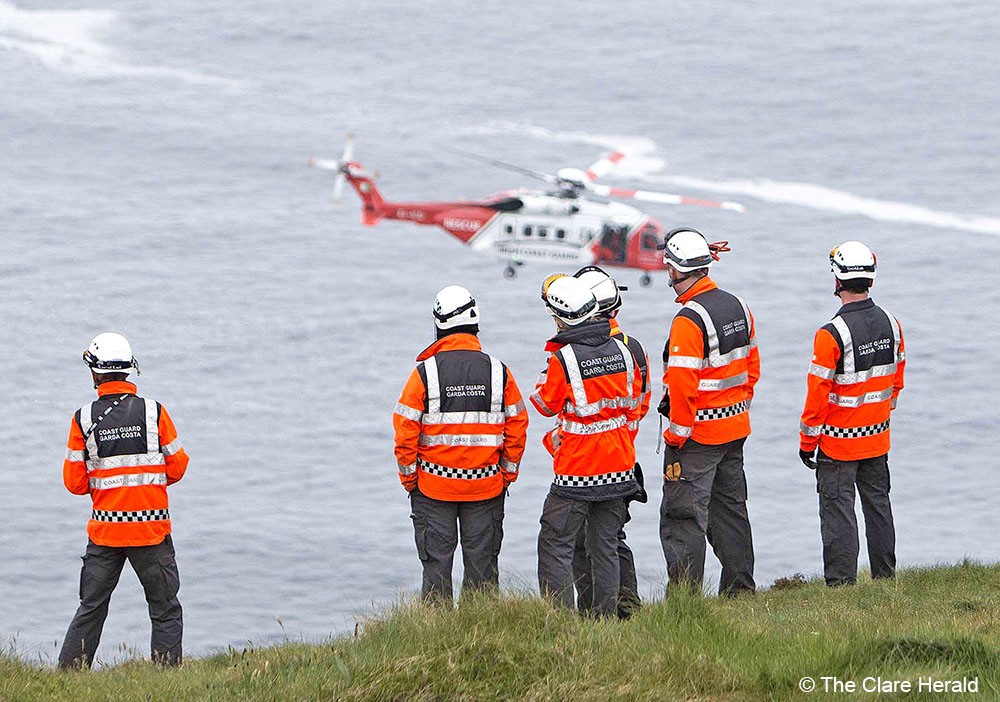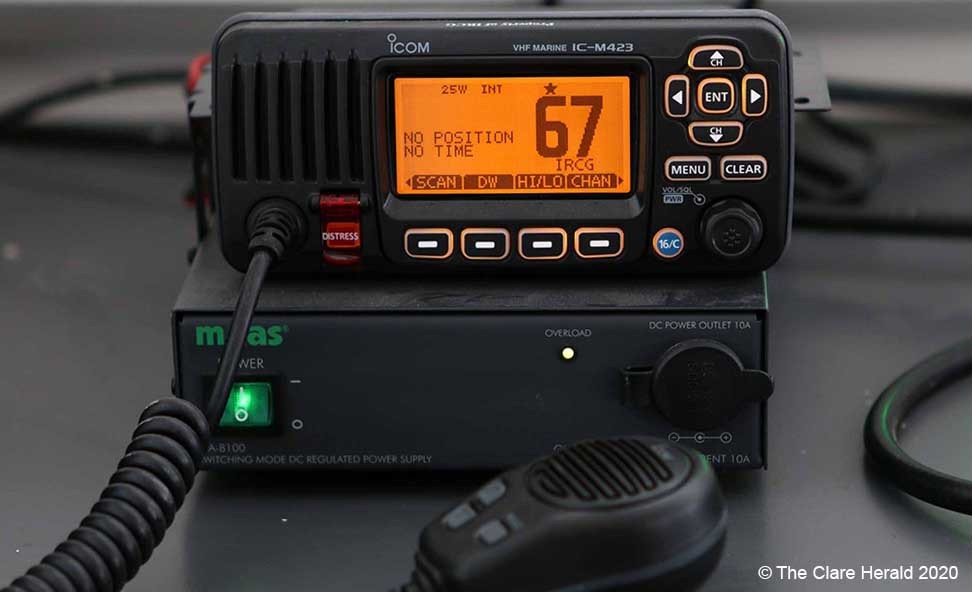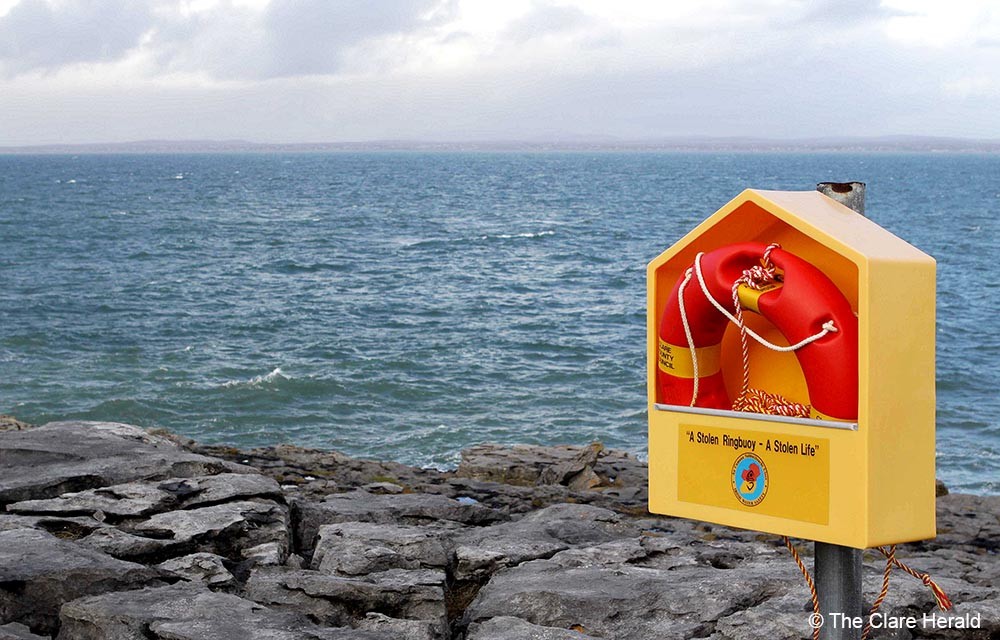
Water Safety Ireland, the Irish Coast Guard and the RNLI have issued a joint appeal calling for caution at waterways nationwide.
The appeal aims to reduce summer drownings and comes as figures released for National Water Safety Awareness Week show that 79 people drowned in 2021. A total of 1,108 drowned in the last ten years, an average of nine every month.
“79 people drowned in 2021, three more than in 2020 and although this is well below the annual average of 111 drownings every year over the last decade, it is still a tragic unnecessary loss of life and a significant public health issue.”, commented Roger Sweeney, Acting CEO at Water Safety Ireland, “Drownings can happen quickly and silently and warmer weather sometimes lulls people into a false sense of security, however waterways are still quite cool which affects the muscles needed to swim safely back to shore. Swim at lifeguarded waterways or in designated bathing areas that are known to be safe and have ringbuoys present. Stay within your depth, supervise children closely and never use inflatable toys on open water as you can be swept from shore in an instant.”
“Alcohol is a factor in one third of drownings,” added Sweeney, “and should never be consumed before any aquatic activity as it can lead to someone overestimating their ability and underestimating the risks. Mark Water Safety Awareness Week by having a water safety conversation with loved ones. Make them aware of dangerous rip currents and how quickly an incoming tide can cut walkers off from shore. Share the advice listed at https://watersafety.ie/national-water-safety-awareness-week/.
The Covid-19 pandemic increased the level of interest in aquatic activities and consequently a busy period ensued for the Irish Coast Guard, the RNLI, the Community Rescue Boats and for the Lifeguards trained and assessed by Water Safety Ireland and employed by local authorities. This summer, let the Lifeguards be there for you.”

Irish Coast Guard Operations Manager Micheál O’Toole said “This week affords us an excellent opportunity to focus on coastal and water safety and to promote awareness of the Code of Practice for the Safe Operation of Recreational Craft. It is a valuable source of information, advice and best practice operational guidance for owners, masters, operators and users of a range of pleasure and recreational craft operating in Irish coastal and inland waters.” See www.safetyonthewater.gov.ie.
Kevin Rahill, RNLI Water Safety Lead, added: “With the weather improving and more people going in or on the water, it is important to take some basic steps to stay safe while having fun. If you are going swimming, try to avoid going alone and make sure you are visible at all times by wearing a brightly coloured swim cap. Use a tow float and carry a suitable means of communication such as a mobile phone in a waterproof pouch and a whistle. If you get into trouble in the water, Float to Live: lean back, using your arms and legs to stay afloat. Control your breathing, then call for help or swim to safety.
“For those going afloat, wear a lifejacket or personal floatation device and carry a reliable means of raising the alarm such as a VHF radio or mobile phone. Go prepared by checking the weather forecast and tide times, tell someone where you are going and what time you will be back, and importantly, what to do if you do not arrive back on time. Should you get into difficulty or see someone else in trouble, dial 999 or 112 and ask for the Coast Guard.”

Advice to keep safe:
Swim at Lifeguarded waterways or at designated bathing areas that are traditionally known to be safe and have ringbuoys present.
Swim within your depth – stay within your depth.
Watch out for submerged hidden hazards and unexpected depths – get in feet first.
Supervise children closely and never use inflatable toys in open water.
When walking the shoreline be aware that incoming tides can quickly lead to stranding.
Wear a lifejacket when boating or angling and make sure that it is fitted with a crotch strap.
When boating, carry a VHF radio, and as a back up, have a fully charged mobile phone in a waterproof pouch.
If you see someone in difficulty or think they are in trouble use Marine VHF CH 16 or, call 112/ 999 and ask for the Coast Guard.

